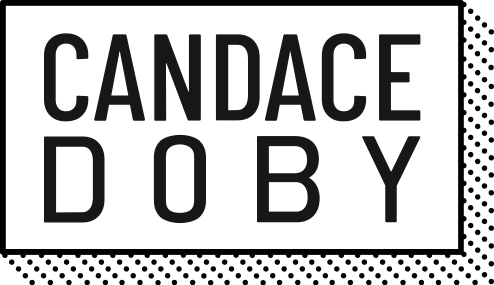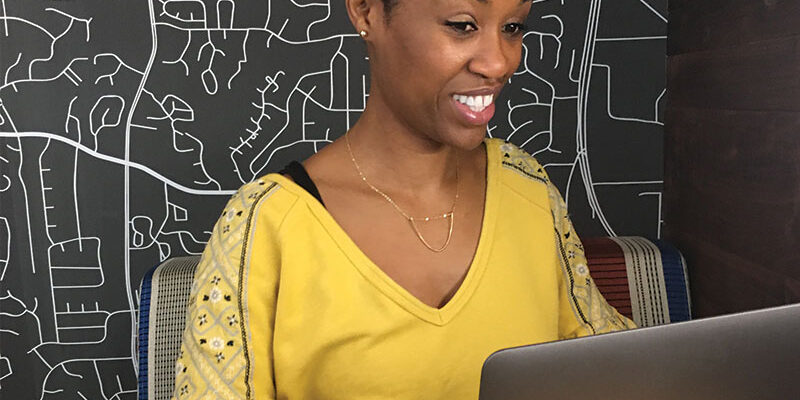When it comes to courage, we cannot separate possibility from risk.
A listener called into The Courage Hotline podcast and asked me how stand in her courage — how to stand firm in saying how she wanted to represent herself in the world — without coming across to others as cocky.
The last part of her question engaged all of my senses … and my attitude, too.
Don’t worry about what other people think. Worrying about other people will have you out here playing small, staying stagnant, dismissing your own progress and ambition, and diminishing your own skills. Worrying about other people will have you taking away energy that is meant for developing your own potential and giving it away to people who (let’s be honest) are not really worried about you.
I said those words to her on the episode while I simultaneously side-eyed all of her haters.
Then, I got serious to help her recognize she was trying to employ a courage hack that never ever works.
Courage Hack Not To Try
She was doing something that a lot of people try to do with courage, and that is: take the good that comes with courage and leave behind whatever is less-than-ideal. We try to take possibility with us and leave potential problems where they are.
“I want to achieve this really important personal goal that will shape how I show up in the world, but I don’t want to deal with a tinge of resistance.”
Many of us, like the caller, want to conjure the courage to be who we are, but we don’t want people to roll their eyes at us for being who we are. We want to have a hard conversation to gain the respect we deserve, but we don’t want the conversation to end with tension. We want to throw our hat in the ring for a personal or professional opportunity, but we don’t want to be rejected.
Spoiler alert: That’s not how courage works. THAT would be too easy (and quite honesty, too boring).
If courage came with a guarantee that all would go as planned, it would be called by a different name and used like the toilet (which is all the time).
Try This Instead
So, the question becomes, what can you do to ready yourself for the not-so-warm-and-fuzzy outcomes that could accompany courageous action? The answer is not to try to hack courage. Instead it is to clarify, prepare and take responsibility.
When it comes to courage, we cannot separate possibility from risk. Trying to do so is futile. Courage, by nature, is risky. This means if there was no risk to the actor, there would be no need for courage.
- Clarify potential outcomes. What are the less-than-ideal outcomes you want to avoid so badly? Is it failure, rejection or judgment? Clarify them, so you can calculate them. Calculate them so you can control them (as best you can).
- Prepare for potential outcomes. What if you were to fail? Or be judged? How would you prepare for those outcomes? How would you come back from a conversation that ended with tension? Anticipate outcomes, especially the ones you want to avoid, and consider how yo would deal with them if they were to happen.
- Take responsibility for potential outcomes. Whatever happens, happens because we made a decision to move forward with courage. We are responsible for any outcome. The quicker we accept responsibility, the quicker we can evaluate results, learn from them and build on them.







